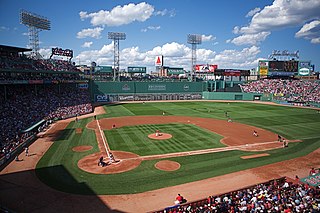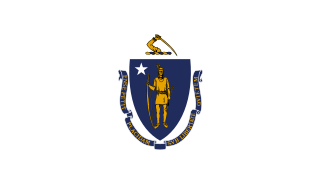| Matthew Arther | |
|---|---|
| Born | 1835 Scotland |
| Died | 17 March 1890 (aged 54–55) San Francisco, California |
| Place of burial | San Francisco National Cemetery |
| Allegiance | |
| Service/ | |
| Years of service | 1861 - 1863 |
| Rank | Signal Quartermaster |
| Unit | USS Carondelet |
| Battles/wars | American Civil War • Battle of Fort Henry • Battle of Fort Donelson |
| Awards | Medal of Honor |
Matthew Arther (or Arthur) (1835—1890) was a Union Navy sailor in the American Civil War and a recipient of the U.S. military's highest decoration, the Medal of Honor, for his actions at the Battles of Fort Henry and Fort Donelson.

The Union Navy was the United States Navy (USN) during the American Civil War, when it fought the Confederate States Navy (CSN). The term is sometimes used carelessly to include vessels of war used on the rivers of the interior while they were under the control of the United States Army, also called the Union Army.

The American Civil War was a civil war fought in the United States from 1861 to 1865, between the North and the South. The most studied and written about episode in U.S. history, the Civil War began primarily as a result of the long-standing controversy over the enslavement of black people. War broke out in April 1861 when secessionist forces attacked Fort Sumter in South Carolina shortly after Abraham Lincoln had been inaugurated as the President of the United States. The loyalists of the Union in the North proclaimed support for the Constitution. They faced secessionists of the Confederate States in the South, who advocated for states' rights to uphold slavery.

The Medal of Honor is the United States of America's highest and most prestigious personal military decoration that may be awarded to recognize U.S. military service members who have distinguished themselves by acts of valor. The medal is normally awarded by the President of the United States in the name of the U.S. Congress. Because the medal is presented "in the name of Congress", it is often referred to informally as the "Congressional Medal of Honor". However, the official name of the current award is "Medal of Honor." Within the United States Code the medal is referred to as the "Medal of Honor", and less frequently as "Congressional Medal of Honor". U.S. awards, including the Medal of Honor, do not have post-nominal titles, and while there is no official abbreviation, the most common abbreviations are "MOH" and "MH".








